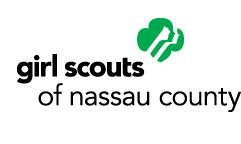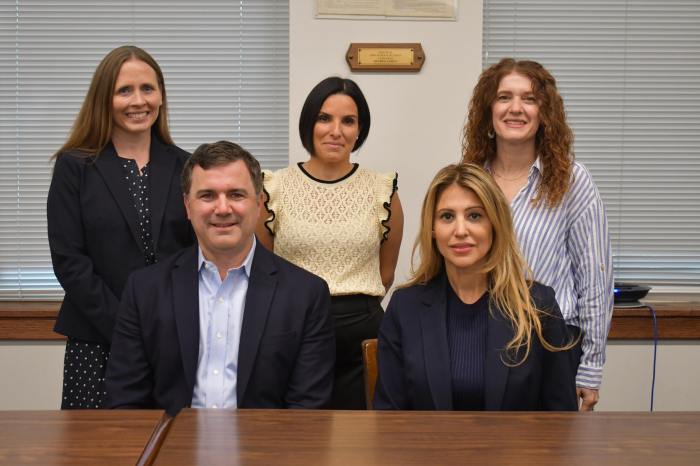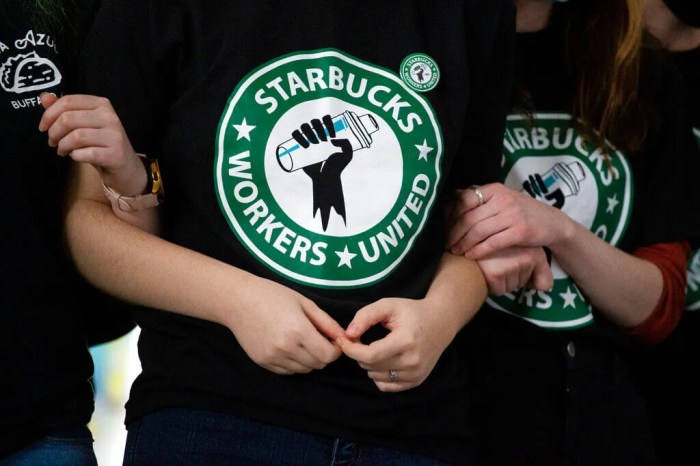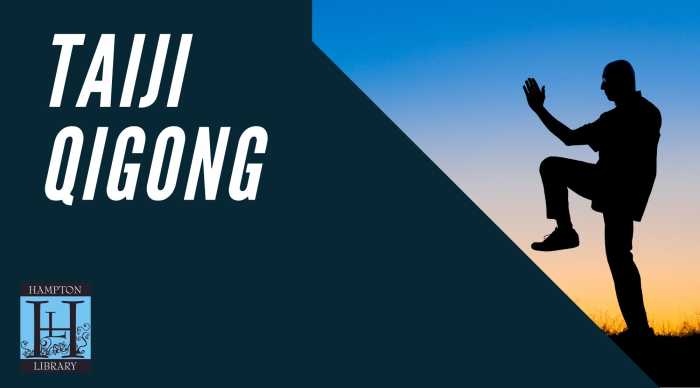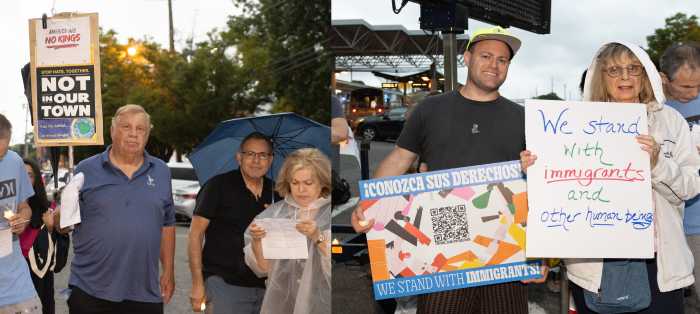The Girl Scouts of Nassau County recently distributed 101 Gold Awards during a ceremony hosted by the United States Merchant Marine Academy. Among the awardees were 21 esteemed Girl Scouts who belong to the Manhasset Association. Now in its hundredth year, the Gold Award program recognizes the power and dedication shared by an elite group of young women who earn the highest honor a Girl Scout can achieve. Each girl spent more than 80 hours over the past year planning, executing and presenting the results of her individual project, which aimed to make the world a better place for others.
“We are extremely proud to celebrate the achievement of over 100 local young women earning their Girl Scout Gold Award during its 100th year,” said Donna Ceravolo, executive director and CEO of the Girl Scouts of Nassau County. “On average, only five percent of eligible Girl Scouts successfully earn the Gold Award, making these individuals part of an exclusive group of women with the tools to become leaders in the 21st century.”
Those recognized from Manhasset were: Julie Alonso, Courtney Aspinall, Jill Calderone, Gabriela DeCastro, Nandita Desikan, Meghan Fahey, Skyler Gaccione, Daniela Haigian, Julia Henry, Caitlyn Kim, Regan Lavin, Jordyn Mannino, Paige Mantikas, Lauren Merola, Lauren Moschitta, Stephanie Palma, Alexandra Steck, Olivia Tatarian, Jessica Thalheimer, Emily Treacy and Amanda Wysota.
The 21 recipients each tackled a project that held a deep significance to them. Their projects are described below:
Alonso’s Gold Award project, “I Wish I Knew,” aimed to raise awareness of the impact of skin cancer and how to prevent it. She developed an interactive presentation, produced a video and created pamphlets to reach teens throughout Long Island.
Through her project, “Concert/Choral Cooperative Clothing Exchange,” Aspinall collected gently used school concert clothing and distributed them to students in need. Several families were able to use the donated clothes just in time for the school’s winter concert. The project will be carried on by the music department, school social workers and student volunteers, enabling more students to continue to benefit from her efforts. To expand her project, she reached out to surrounding school districts with her program, enabling them to duplicate her project without having to design it themselves.
Through her project, “Foster Care Awareness,” Calderone aimed to increase understanding of the foster care system with a goal to increase volunteers and donations for children in foster care, allowing these children to ultimately feel wanted and build more self-esteem. Calderone researched the foster care system and then worked with a social worker to develop booklets that explain foster care, conducted presentations and used surveys to gauge the effectiveness of her messages. The booklets will be used at events seeking to recruit new foster parents. She also created a website for those seeking additional information on the foster care system.
DeCastro’s project, ”¡Español para los niños!,” was inspired by the lack of foreign language programs available within the elementary schools of her community due to recent budget cuts and her personal belief in the importance of being bilingual in today’s global world. Recognizing that children are most malleable and capable of learning and comprehending another language when they are young, DeCastro spearheaded a beginner Spanish linguistics workshop for children ages 9-12 in her local community. Moving forward, she plans on replicating the success of this workshop by partnering with the Spanish Honor Society, as well as using social media and her hometown paper to help promote foreign language learning and cultural diversity.
Desikan decided to tackle the issue of childhood obesity with her Take Action project called “Steps to Health.” She worked with the students at Adventures in Learning, a local afterschool and enrichment program in Manhasset. She combined good food habits and physical activities to show them that small changes can have a big effect. During her twice monthly sessions, Nandita demonstrated healthy recipes and tips to stay active. She designed a recipe book for each of the participants and share these recipes on a Twitter account she developed.
Fahey’s Gold Award project, “Let’s Connect,” focused on bridging the generation gap and overcoming the digital divide. She recognized that many senior citizens were struggling with staying connected and utilizing new handheld technology. Working at her local library and local Catholic Church, Fahey offered classes for smartphone and tablet usage to help senior citizens overcome their fear of these devices. She enlisted the help of younger computer savvy volunteers to assist her in teaching the classes. To further assist her students and anyone struggling with using their technology, Fahey produced a series of “How-To” videos that are housed on YouTube. During her work on the project, Meghan learned that she was a leader and that patience is an important trait to have when working with a variety of age groups.
Gaccione’s Gold Award project, “Canine Connection: Therapy Dogs Touching the Lives of Families with Special Needs Children,” focused on helping children with autism and their families decide whether or not to bring a pet dog into their home. Dogs can make great pets for some children with special needs, but autistic children often have sensitivities to barking, and touching certain things.
At a young age, Haigan developed a love for reading that has benefited her through life. In her Gold Award project, “Adventures in Reading,” she developed a fun program that promotes the love of reading that has been lost to modern technology. This program encourages healthy discussion and the sharing of ideas and insights through the creation of a book club for elementary school children. Following delivery of the program, more book clubs have been requested by children and librarians. Thanks to Haigan’s preparation, the library and EOC both have the materials to continue to run this program.
Henry worked with children and teens to raise their interest in reading through her Gold Award project “Literacy Awareness & Importance in Webster Springs, West Virginia.” The issue the project addressed was the abject poverty in this Appalachian community. She created a summer camp curriculum guidebook to promote literacy and interest in reading which will also be used by local library during school breaks.
To raise awareness about global poverty within her community is what inspired Kim’s Gold Award project, “What is Poverty? Let’s Make a Difference.” Recognizing that some children take things for granted, she decided to step up and create workshops to educate elementary-aged children about poverty in the third world.
Lavin’s Gold Award project, “Girls Rock Science,” aimed to change the gender and cultural stereotypes that limit women and minorities pursuing a career in the science field. She conducted science experiments that were taped and put on YouTube as resources for schools. Lavin also taught young girls at a local afterschool program about the experiments she conducted and gave the girls the opportunity to participate in the procedures.
Mannino’s Gold Award project, “Storm Preparedness for Senior Citizens Living in a Long Island Coastal Community,” aimed to help senior citizens prepare when storms approach. She held programs for senior citizens that used games and prizes to help them write their own plans in case of a storm.
Mantikas’s Gold Award project, “Team Goal,” aimed to help students with disabilities learn how to play field hockey and develop team building skills. She published an article in her school newspaper that focused on her experiences helping the students.
Merola’s Gold Award project, “Magical Melodies,” focused on using music to help improve communication for those affected by dementia. Merola organized interactive shows featuring live music for residents that involved families, care-givers and staff. All of the performances were downloaded onto iPods, which were then donated to the facility for residents to enjoy.
Story continued in
next week’s edition of the Manhasset Press, including the dedicated leaders that helped make these Girl Scouts accomplish this
monumental achievement.
Moschitta’s Gold Award project, “Project Aquaculture—Cleaner Waters,” aimed to encourage the public to look after the environment and restore shellfish to the bays. She researched by collecting water samples throughout her project. She played a significant role in reducing water pollution and then went on to do presentations for her community on the dangers of pollutants and over-harvesting shellfish.
Obesity among school age children has more than doubled in the past decade. Lack of physical activity has contributed to this epidemic. Palma’s Gold Award project promoted awareness of the value of fitness by creating “The Power of Dance in Easy Steps.” The project implemented a dance/ Zumba program designed to provide an economical way of keeping fit and promoting positive self-esteem, healthy eating and having fun. In conjunction with the dance program, Stephanie created a book and quick videos with easy dance moves so that others can learn the power of dance.
Her videos can be found on YouTube and a copy of her book and videos have been donated to Adventures in Learning to sustain her project.
Steck was inspired to create her project, “Community Service Database,” after noticing the difficulty students have finding volunteer opportunities in one condensed location. As a high school student, Alexandra felt it would be beneficial to create a database students could access to find various volunteer opportunities that would help them fulfill their community service hours. She teamed up with her advisor at Manhasset High School to create a database of organizations that welcome high school volunteers. With the main goal of helping students find volunteer hours, she created an effective database that can now be updated as new opportunities for students arise. Students from other schools can access the database through the Long Island Volunteer Center’s website.
Through her project, “Sun Aware Skin Care,” Tartarian wanted to raise awareness about the harmful effects of UV rays and how over-exposure to the sun could lead to skin cancer. She put together an impressive team of dermatologists and companies that donated UV sensitive beads (for bracelets) and UV sensitive nail polish that changed color to warn individuals that they were being over-exposed to the sun. Olivia participated in several events educating attendees about the dangers of overexposure. She also conducted workshops for children that attended the EOC. Olivia donated 1,000 Sun Indicator Meter Athletic Tags to the Manhasset Soccer Club members for teams to become sun-aware while playing.
After the Manhasset School District eliminated teaching foreign languages to elementary school students, Thalmeier created her Gold Award project, “First Time French.” This gave individuals that wanted to learn a language a viable option.
“Reading Rocks,” Treacy’s Gold Award project, encouraged reluctant readers to learn to enjoy reading by creating a fun-filled after-school program at the Economic Opportunity Council of Manhasset working through the Adventures in Learning program. After choosing the books, Emily designed activities to bring the story “alive” for the participants.
Wysota took on the challenge of teaching senior citizens how to “Skype” and use Facebook through her Gold Award project “Social Seniors.” Social media has become a primary way for people to communicate and Amanda created a simple program that seniors could follow to learn how to use technology with ease. The material is now being used in local libraries and with Project Independence, a program for senior citizens.
Gold Award projects have positively impacted girls’ lives, their communities and the world for 100 years. Approximately 1 million Girl Scout alumnae have developed Gold Award projects that addressed local or global issues. After identifying an area of interest, a successful Gold Award recipient performs hours of research and prepares a project proposal to be submitted for feedback and approval to the Girl Scouts Council before embarking on her project. The Girl Scout presents her final conclusions as the last step of the journey.
Lifelong value comes with having earned a Gold Award. According to the Girl Scout Research Institute, Gold Award recipients display more positive life outcomes pertaining to sense of self, life, satisfaction, leadership, life success, community service and civic engagement. Recipients of the award who enlist in the U.S. Armed Forces may receive advanced rank for their achievements and can receive scholarships or other recognition from most colleges or universities.
To volunteer, reconnect, donate or join, visit www.gsnc.org or contact Donna Rivera-Downey at 516 741-2550.




